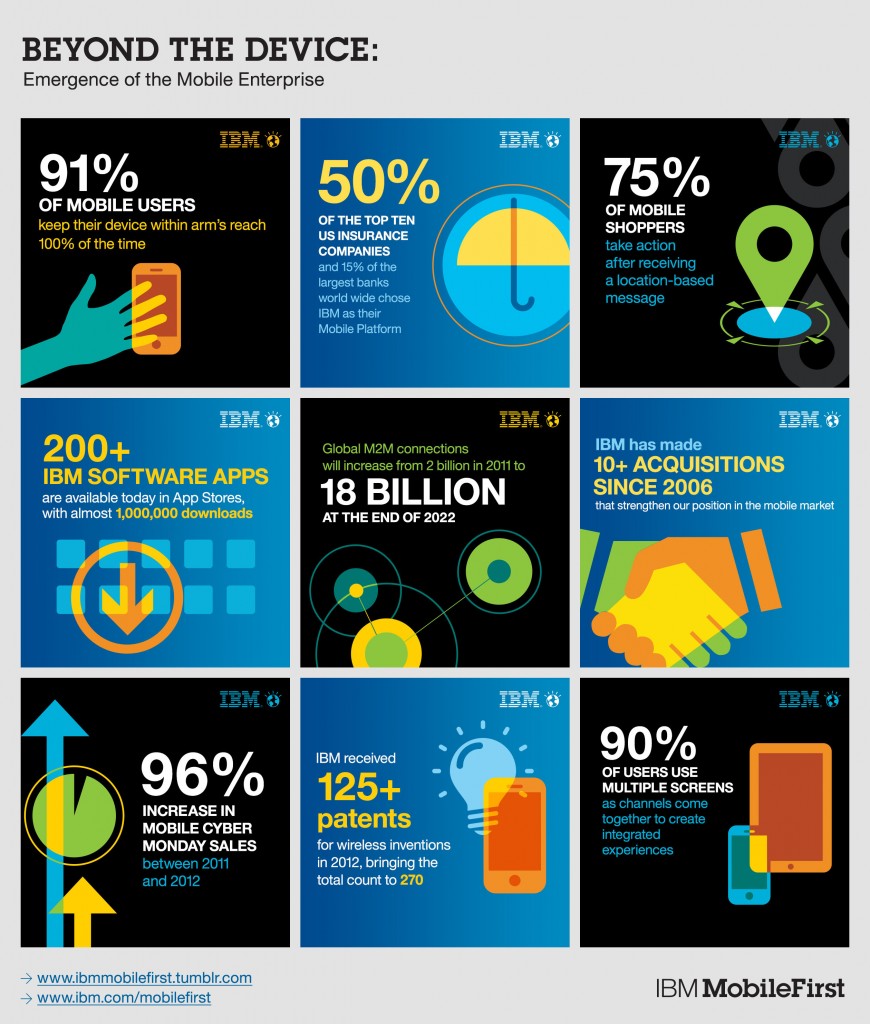Big Data, analytics, the cloud, mobile and social technologies are
transforming our working world. This new era of computing provides the
instrumentation, interconnection and intelligence that make it possible to build
a smarter connected. But, in order to do so, countries, cities, corporations and
individuals need to rethink how they go about achieving their goals. On your
mind, should be, how will shifts in technology impact the way businesses are
run?. Virginia ‘Ginni’ Rometty, the first female CEO of IBM, thinks it will
change everything.
Prior to becoming president and CEO in January 2012 she held the position of
Senior Vice President and Group Executive for Sales, Marketing, and Strategy at
IBM. She has been named to Fortune magazine’s “50 Most Powerful Women in
Business” for eight consecutive years, ranking #1 for 2012, and she was ranked
#15 on Forbes magazine’s “World’s 100 Most Powerful Women” for the same year.
She was also named to the Time 100 in 2012, and was included in the 50 Most
Influential list of Bloomberg Markets Magazine in September 2012.
Speaking at an event organized by the nonprofit Council on Foreign Relations,
Rometty predicted that data will be the basis of competitive advantage going
forward, calling it the “the next natural resource.” She believes it will change
how decisions are made, how value is created and how value is delivered.
Data will be the basis of competition in the ‘smarter’ era. She says, “Big
Data is the next natural resource – promising to do in the 21ist Century what
steam, electricity and oil did for the 20TH. In our time, everyone will have
access to data… to cloudinfrastructures… to mobile devices… to social
networks. What will determine winners and losers?. How do management and
organizations – not just technology – need to evolve?.”
She presented three principles of change:
Principle 1: Decisions will be based not on “gut instinct,” but on
predictive analytics.
“We need to do this for two reasons. First, we can. Every two days, we
now generate the equivalent of all of the data that existed up to 2003. And
thanks to advanced computation and analytics, we have the tools to turn that
data into insight, knowledge and better decisions. The second reason to embrace
analytics is because we must. The way we make decisions today too often leads to
bad outcomes.”
Rometty believes that those companies that are able to use data to their
advantage will make better, more objective calls. As an example, she cited IBM’s
use of software analytics in its CRUSH (Criminal Reduction Utilizing Statistical
History) initiative with the Memphis Police Department.
Principle 2: The social network is the new production
line.
“In a world where value is shifting rapidly from things to knowledge,
knowledge workers
are the new means of production. And it follows that the social network is the new
production line. This is important. In a social enterprise, your value is established not by how much knowledge you amass, but by how much knowledge you impart to others.
We are in early days of this shift. But some pioneers are changing how they actually
create value.”
are the new means of production. And it follows that the social network is the new
production line. This is important. In a social enterprise, your value is established not by how much knowledge you amass, but by how much knowledge you impart to others.
We are in early days of this shift. But some pioneers are changing how they actually
create value.”
This social sharing shift will change the way businesses hire, who they hire
and how they reward workers. I have criticized Klout in the past, does this
imply Klout matters?.
Principle 3: Value will be created not for “market segments” or
demographics, but
for individuals.
for individuals.
“Whether we are companies reaching customers, governments engaging
citizens,
hospitals and their patients, universities and students… In truth, all of us have
understood and served, at best, segments of populations.
hospitals and their patients, universities and students… In truth, all of us have
understood and served, at best, segments of populations.
When you look closely, you see that personalization isn’t mostly
resulting in better
marketing. People are not clamoring for more of that. What’s happening instead is that
marketing is being replaced by service, by useful assets, by value. In exchange for their
data – who they are, what they’re looking for, even where they are standing or driving at
this moment – they expect some kind of benefit in return… whether as customers, or
patients, or students, or citizens.”
marketing. People are not clamoring for more of that. What’s happening instead is that
marketing is being replaced by service, by useful assets, by value. In exchange for their
data – who they are, what they’re looking for, even where they are standing or driving at
this moment – they expect some kind of benefit in return… whether as customers, or
patients, or students, or citizens.”
Rometty attributes “the third wave of technology” as possibly contributing to
this individualized approach. In the first era of computing, computers counted.
In the second, they could be programmed to perform instructions. In the next
future, computers will learn by themselves, she said. “That’s the wave that
starts now.”
Rometty remains optimistic. “We have, in Big Data, a vast new natural
resource,
as well as the means to mine it for value. And that is unleashing not only insight and
knowledge, but new ways of creating business and societal value… and new ways of
working that are more flexible, innovative, collaborative, humane.”
as well as the means to mine it for value. And that is unleashing not only insight and
knowledge, but new ways of creating business and societal value… and new ways of
working that are more flexible, innovative, collaborative, humane.”
By: Hayden Richards


Aucun commentaire:
Enregistrer un commentaire